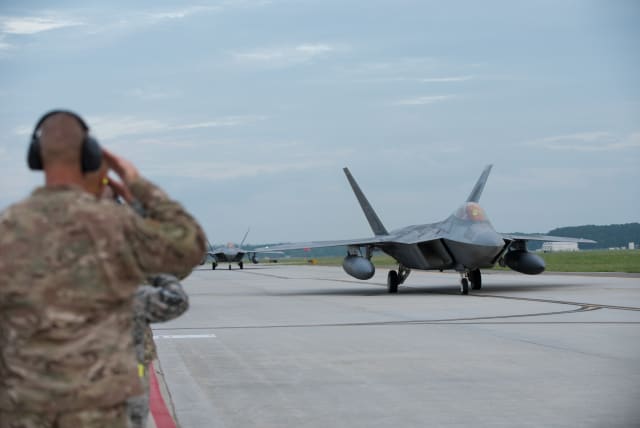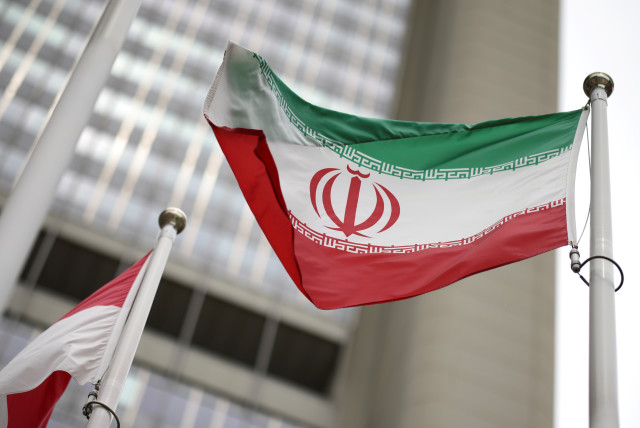US transfers fighter jets to Qatar in move to prevent Iran escalation - WSJ

According to the report, repositioning forces will allow the US to avoid restrictions on conducting airstrikes from an air base used by the US in the United Arab Emirates.
The United States is expected to transfer fighter jets, armed drones, and other aircraft to Qatar in a move that will supposedly allow for its forces to be repositioned, the Wall Street Journal (WSJ) reported on Friday morning.
According to the report, repositioning forces will allow the US to avoid restrictions on conducting airstrikes from an air base used by the US in the United Arab Emirates.
A decision of this kind highlights the existing tensions between the US and the Persian Gulf countries, the WSJ report noted. Many of these countries have allowed US forces to be based in their territory while also being wary of being drawn into the existing conflict in the Middle East as the Israel-Hamas war continues.
Fears of escalation in the Middle East
The UAE also fears that with the escalation of tensions in the region, Iranian proxies could choose to target it for publically aiding US military operations, officials said.
The restrictions posed on strike missions against targets in Iraq and Yemen "are coming from a place of self-protection," A UAE official told the WSJ.
This follows the Iranian attack that took place last month in which Iran launched over 120 ballistic missiles, 30 cruise missiles, and 170 drones at Israel following an Israeli airstrike that killed senior Iranian commanders. When this occurred, Saudia Arabia and the UAE shared intelligence information that helped Israel in its defense against the attack but refused to publicly elaborate on what their role was.
Jerusalem Post Store
`; document.getElementById("linkPremium").innerHTML = cont; var divWithLink = document.getElementById("premium-link"); if (divWithLink !== null && divWithLink !== 'undefined') { divWithLink.style.border = "solid 1px #cb0f3e"; divWithLink.style.textAlign = "center"; divWithLink.style.marginBottom = "15px"; divWithLink.style.marginTop = "15px"; divWithLink.style.width = "100%"; divWithLink.style.backgroundColor = "#122952"; divWithLink.style.color = "#ffffff"; divWithLink.style.lineHeight = "1.5"; } } (function (v, i) { });

